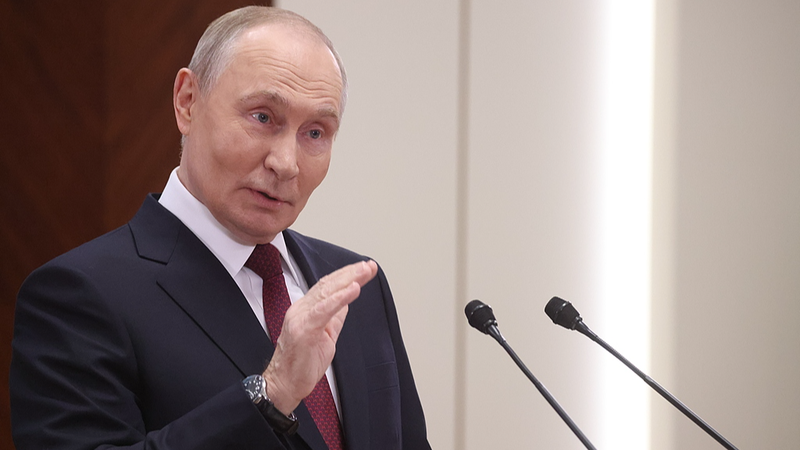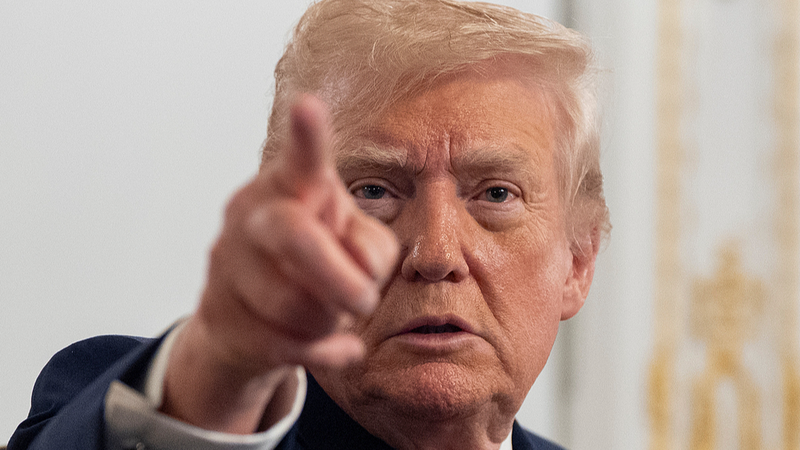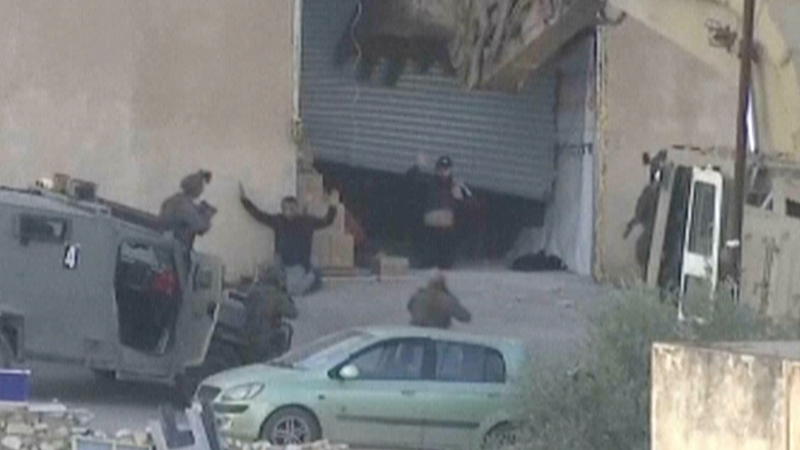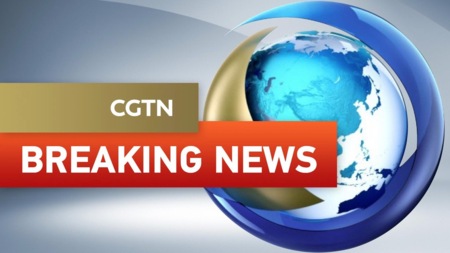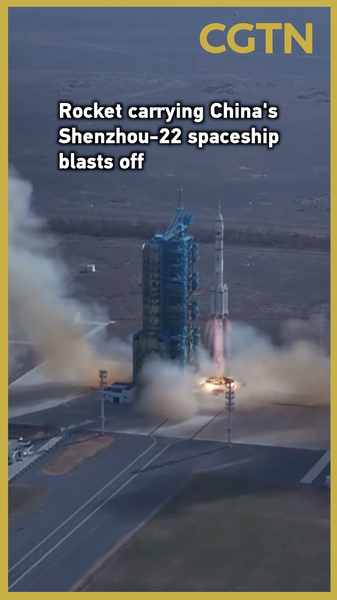As Russia and Ukraine prepare for a new round of peace talks, core issues remain sharply divided. This past Thursday, Russian President Vladimir Putin announced that a U.S. delegation is expected in Moscow in the first half of next week, while Ukrainian President Volodymyr Zelenskyy confirmed that Ukrainian and U.S. representatives will meet later this week.
At a press conference in Bishkek, Kyrgyzstan, Putin described a U.S.-proposed 28-point plan as a potential basis for agreement but stressed that no final proposal has been reached. He noted that "some things are fundamental" and praised the fact that elements of Russia's position had been considered in earlier discussions around his August meeting with U.S. President Donald Trump in Alaska.
Andriy Yermak, head of Ukraine's presidential office, said on Telegram that his negotiation team is focused on a "lasting and dignified peace". He added that most elements of the original plan have been revised and agreed in principle, but significant gaps remain.
Three core fault lines stand in the way: control over the Donbas region, limits on Ukraine's military size, and its future NATO membership. Kyiv insists on keeping key defensive positions, Moscow demands full control of Donbas, and the U.S. proposal suggests a demilitarized zone under Russian administration—an idea that Ukraine has yet to accept.
Russia also wants legal guarantees barring Ukraine from joining NATO, while Ukraine seeks to preserve its membership prospects—a demand Europe views as non-negotiable. And though Washington's plan caps Ukraine's forces at 600,000, more than twice its pre-war size, Moscow considers that too high.
Experts like Chen Yu, deputy director of the Eurasian Studies Institute at the China Institutes of Contemporary International Relations, warn that until these red lines are addressed, talks may struggle to yield a breakthrough. With both sides digging in, the upcoming meetings will be a critical test of diplomatic will.
As these discussions unfold, the world watches closely: the outcome could shape European security for years to come.
Reference(s):
Deep divisions remain on core issues as new peace talks expected
cgtn.com
